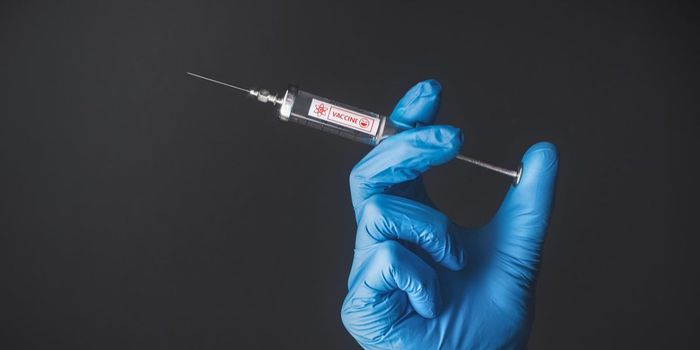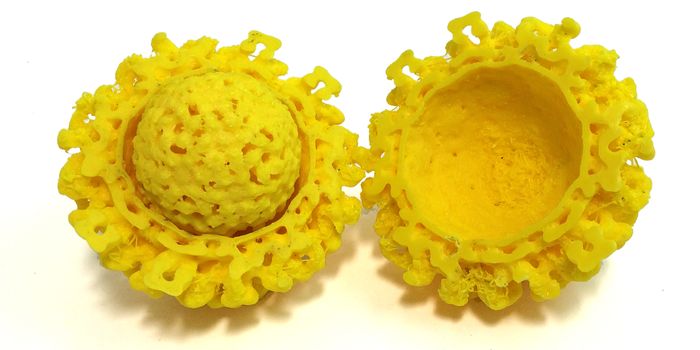Another Trick up Tumors' Sleeves Exposed
Tumors have sneaky strategies for establishing themselves within healthy tissues, flourishing in plain sight of circulating immune cells. Understanding the molecular basis of how cancer does this can help researchers identify potential flaws in tumors' game, to improve the aim on therapeutic targets.
A team of immunologists at St. Jude Children's Research Hospital have uncovered one of these missing pieces in an article published in Nature. Here, they describe how tumors barricade themselves behind activated regulatory T cells (Tregs), creating a signal to other immune cells to put their weapons down. Tregs are specialized lymphocytes that balance immune-mediated inflammation and prevent the body from launching attacks on its own tissues.
The researchers found a mechanism for controlling Tregs unique to the tumor, making it an attractive therapeutic target. This pathway is an excellent starting point for creating drugs that selectively disarm tumor-associated Tregs, allowing immune cells to infiltrate and eliminate the malignant cells.
"There has certainly been a great deal of interest in targeting regulatory T cells for cancer therapy because they are central to keeping the immune system in check in tumors," said author of the paper, Hongbo Chi. "But the risk of such targeting is possibly inducing autoimmune disease because these T cells are crucial to balancing the body's immune response.”
According to Chi, the study’s findings are particularly exciting as tumors’ pathways to reprogram Tregs are entirely independent. "Thus, we believe there is the potential for inhibiting regulatory T-cell activation in tumors to unleash effective antitumor immune responses without triggering autoimmune toxicity."
Blocking T reg activation in tumors has the potential to improve the effectiveness of existing immunotherapies, which don’t always work well for all cancer patients.
"Anti-PD-1 therapy currently works in only about 20% of cancer patients, although when it works, the response is durable in those cases," explained Chi. "Many pediatric cancers are not responsive to anti-PD-1. Our experiments showed that blocking this lipid pathway had quite a remarkable effect in sensitizing mice to the therapy.”
Follow-up studies to map these tumor-Treg interactions in more detail are in the cards, said Chi.
"While we still have a long research path ahead of us, these findings suggest that if we can develop drugs to control this context-specific regulatory T cell pathway in cancer patients, we can make them even more responsive to immunological checkpoint therapies."
Sources: St. Jude’s Children’s Hospital, Nature.









